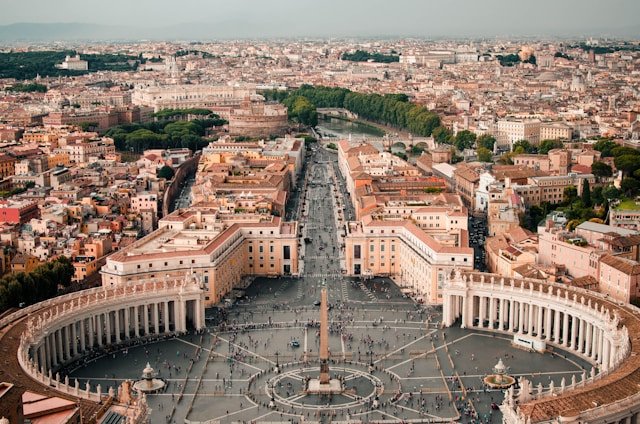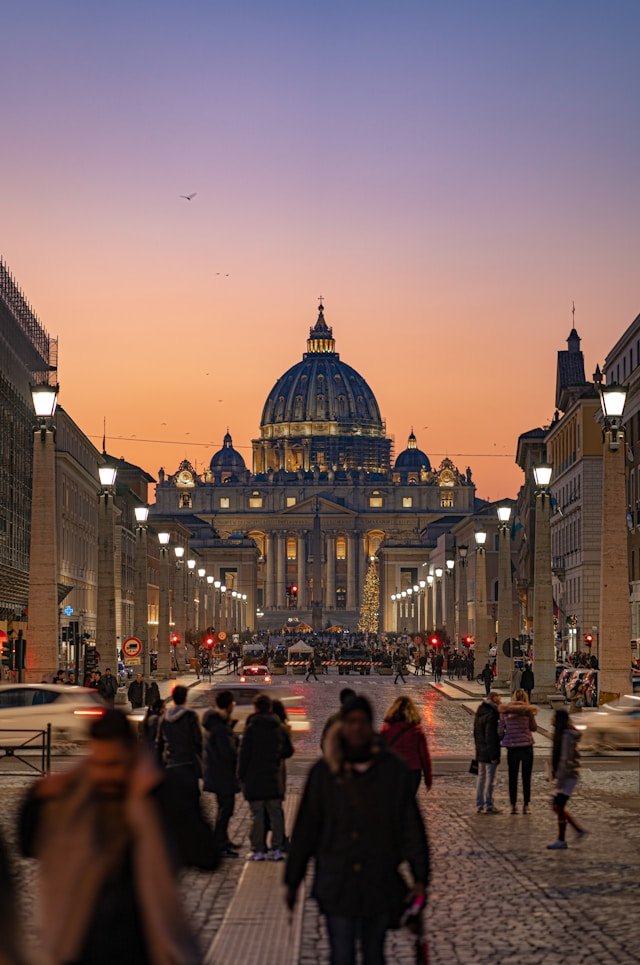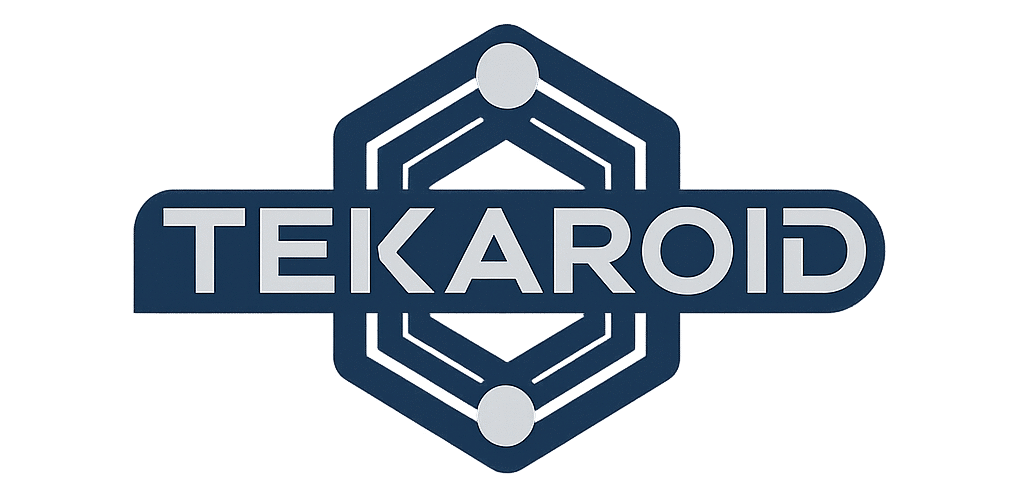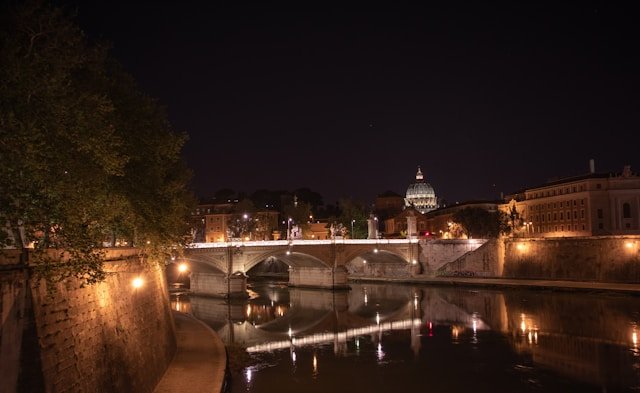As Artificial Intelligence reshapes the world, the Vatican has emerged as a powerful moral voice in the global debate. Far from rejecting technological progress, the Holy See embraces AI.

On January 28, 2025, the Vatican published a major document titled Antiqua et Nova: Note on the Relationship Between Artificial Intelligence and Human Intelligence, jointly issued by the Dicastery for the Doctrine of the Faith and the Dicastery for Culture and Education.
The title, meaning “ancient and new”, symbolizes the Church’s attempt to bring timeless moral wisdom to one of the newest frontiers of human creativity.

In this long text, the Vatican presents what it calls a “realistic hope” for AI: a hope that technology can serve humanity, not dominate it. The document is publicly available on the Vatican’s official website and has been discussed in international media and by theologians.

One of the document’s core messages is that artificial intelligence is not truly “intelligent” in the human sense. The text explicitly warns against confusing machine performance with consciousness:
“AI should not be seen as an artificial form of human intelligence, but as a product of it.”
According to the Vatican, machines operate by performing tasks and achieving goals, but lack the contemplative and moral dimension that defines human thought. This idea is echoed in another Vatican commentary:
“Artificial intelligence has no conscience; moral discernment belongs to the human person.”
(Vatican News, 2025)
This distinction is not just philosophical, it’s moral. The Church insists that responsibility must always remain with people, not with algorithms. No matter how advanced AI becomes, moral decisions must be made by human beings capable of empathy, free will, and accountability.

Far from being anti-technology, the Vatican acknowledges the immense good that AI can achieve when guided by ethical principles. The Church also envisions AI helping its own mission: translating religious texts, preserving ancient languages, and supporting pastoral care for people with disabilities or in remote areas. Under Pope Leo XIV, Vatican offices have continued to explore these positive applications, particularly in communication and humanitarian work.
MORAL AND ETHICAL WARNINGS
The Vatican’s endorsement of AI is tempered by strong moral caution. Antiqua et Nova identifies several areas of concern that require urgent attention, like for example: dehumanization, inequality and misinformation.
The document warns that over-reliance on AI could make people act like machines, very efficient but emotionally detached. It insists that no algorithm can replace compassion or spiritual awareness. Also, The Vatican has expressed deep concern that control of AI by a handful of corporations or wealthy nations could widen global inequality. The document explicitly warns that AI “risks aggravating situations of social injustice.” About the fake images and false narratives that AI can produce, urges all developers, journalists, and consumers to defend truth and protect human dignity in digital communication. Truth, it insists, is not optional.
The Vatican’s reflections on artificial intelligence offer a message that transcends religion: that technology must always serve humanity, not define it. As Antiqua et Nova concludes, innovation detached from ethics is not true progress, it is regression disguised as advancement. Future is coming.

